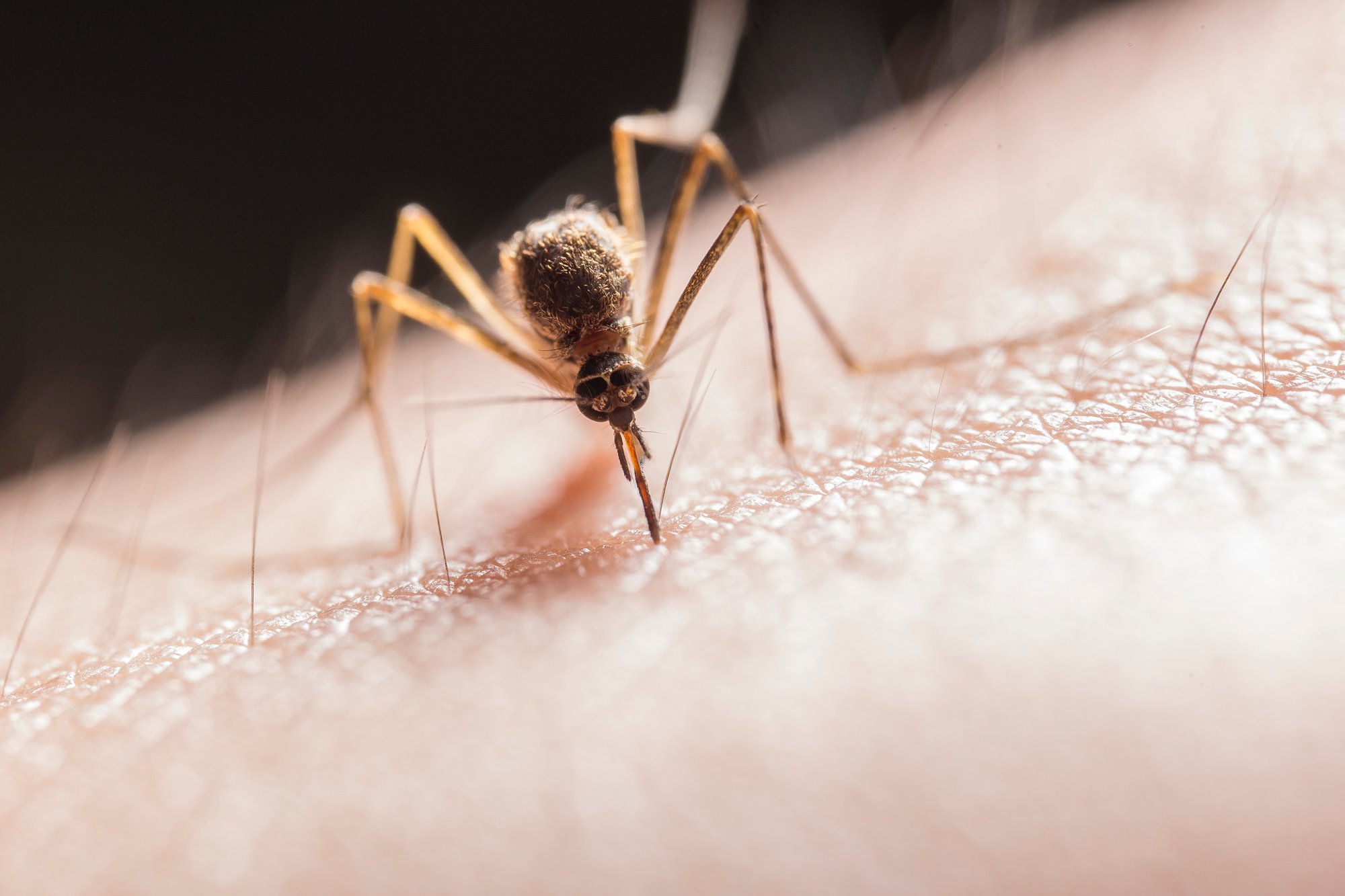Despite Roth IRAs usually provide amazing returns to those who use them for a long time, cautious investors still wonder “Can you lose money in an IRA account?”
Truth is, you can. The most common reasons for money loss include early withdrawal penalties, an insufficient amount of time to compound and negative market fluctuations. However, the longer you allow a Roth IRA to grow, the less likely it is that you lose money.
Does a Roth IRA earn interest? Well, due to the tax advantages, Roth IRAs are among the best investment options for retirement. Nevertheless, it is essential you understand the role of Roth IRAs and the associated risks.
How Can You Avoid Losing Money?
The only situation where investments don’t come with risks is in a CD or as the guaranteed interest rates in your savings account. However, .01% interest won’t build wealth. To do so, you must get involved in some higher return investments, which will require taking some smart and calculated risks that are likely to benefit you in the long run.
Nevertheless, even a Roth IRA can lose money if you don’t know what you’re doing, so keep reading to find out about three things that can hurt your Roth IRA earnings and how to avoid them. You will never want to fundraise to gather funds for starting a Roth IRA either.
1.Market Fluctuations
Is a Roth IRA affected by the stock market? As with every investment, withdrawing your money when the stock market is down will make you lose money. The solution is to be patient and disciplined, as you need to give it time to ride out the market and to have other funds sitting in retirement. Also, if you plan to use the money before reaching the required retirement age, a Roth IRA isn’t the best investment for you and you should consider another one.
2.Early Withdrawal Penalties
Can you lose money in a Roth IRA if you withdraw money before your retirement age? Yes, and this is the worst thing you can do, as you’ll have to pay for a 10% penalty fee in most cases. You would not want to pull money out just to buy a vacation home in Arizona. However, there are some exceptions to this penalty. For example, if you lose your job and you have to use the money in your Roth IRA to pay for your health insurance premium, a hardship withdrawal will allow you to withdraw it penalty-free. A hardship would not include going on winter vacation, be realistic.

3. Insufficient Time to Compound
The best thing you can do is to begin investing early, continue to invest consistently, and let your money sit and grow for decades. Can you lose money with an IRA? You should consider there will be good and bad years. You might lose a little money one year and might make a 20% return the next. However, given enough time, your investments earnings will grow impressively.
Can You Lose All Your Money in a Roth IRA?
Basically, you can. However, it’s a very unlikely option that would happen if you invested all your money in your Roth IRA in a single company, and then it went out of business, for instance. This is why you should diversify your Roth IRA account as much as possible by choosing investments such as low-cost index funds or mutual funds.
Are Roth IRAs Safe?
As the money you invest in it will grow 100% tax-free, it helps you maximize the return by eradicating the risk of paying for higher taxes in the future, so Roth IRAs are considered the best and safest retirement investment.
Furthermore, Roth IRAs allow you to invest in a variety of funds such as index funds, ETFs, and mutual funds to lower your risk.
Disadvantages of a Roth IRA
Despite Roth IRAs are among the best ways of retirement investing, there are situations where it might not work well for you. Here are three situations in which other types of retirement investments would be more convenient than a Roth IRA.
Future Tax Increases
Can you lose money in an IRA account due to future tax increments? Over time, you’re betting on taxes increasing by investing in a Roth IRA instead of a traditional IRA, or 401(K) retirement account. Despite this doesn’t make a Roth IRA a bad investment, it means that the up-front tax percentage you paid on the money you put into your Roth IRA was higher than the rate at which you would’ve had to pull the money out.
However, people don’t usually complain about taking tax-free retirement distributions from their Roth IRA. Besides, if you invest in a Roth IRA consistently, there will be years with higher and lower taxes.

Low Maximum Contributions
Among the main differences between a Roth IRA and other traditional retirement accounts is the low maximum contribution limit. By the time this article was written, the maximum yearly contribution to a Roth IRA is $6,000, or if you’re over the age of 50, $7,000.
Income Limits
Another relevant disadvantage of a Roth IRA is that you can only invest in one if your income is below a certain amount. For instance, by the time this article was written, to invest in a Roth IRA, your income must be below $124,000 per year. For married couples filing jointly, it must be below $206,000.
Related Questions
Should I use my money from IRA to pay off debts? Remember any early withdrawals might cause taxes and additional penalties, so it wouldn’t be a good idea.
Can I take a hardship withdrawal for credit card debt? According to the IRS, withdrawing money from retirement to pay off credit card debt will not qualify for a hardship withdrawal. Hardship withdrawals should be used for events of immediate and heavy financial need, such as paying for health insurance after losing your job.










